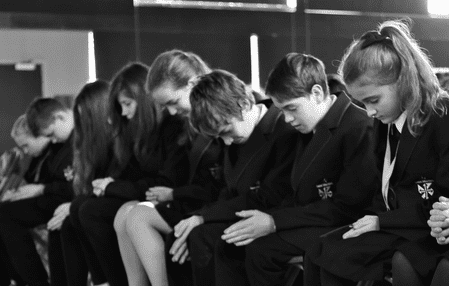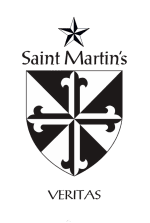‘Learning the best that has been thought and said’
The words contemplare et contemplata aliis tradere – to contemplate and to hand on the fruits of contemplation to others, lie at the heart of the Dominican mission. Equally important is Veritas, for God is the source of truth and we must guide our pupils to live by the spirit of truth He sent.
The fruits of contemplation and study that we hand to our pupils must be nourishing. It is their entitlement to learn ‘the best which has been thought and said in the world’ (Arnold). To teach the most significant ideas, discoveries and developments of our civilisation and to engender in our pupils an understanding of our rich philosophical, literary, artistic, spiritual and scientific heritage, is to channel ‘a stream of fresh and free thought’ (Arnold) into our world.
‘Living a virtuous life’
It is our responsibility to become better human beings, not only by becoming more knowledgeable and exercising intellectual virtue, but through practising the moral virtues that will help us to grow and flourish. Whilst teaching cultivates intellectual virtue, moral virtue is educed as a result of habit.
We will model moral virtue in our school community, place it at the centre of everything we say and do, and guide our students along the same path. The statement, ‘We are what we repeatedly do. Excellence then is a habit’, paraphrases Aristotle’s words that we will exemplify: ‘As it is not one swallow or a fine day that makes a spring, so it is not one day or a short time that makes a man blessed and happy.’



